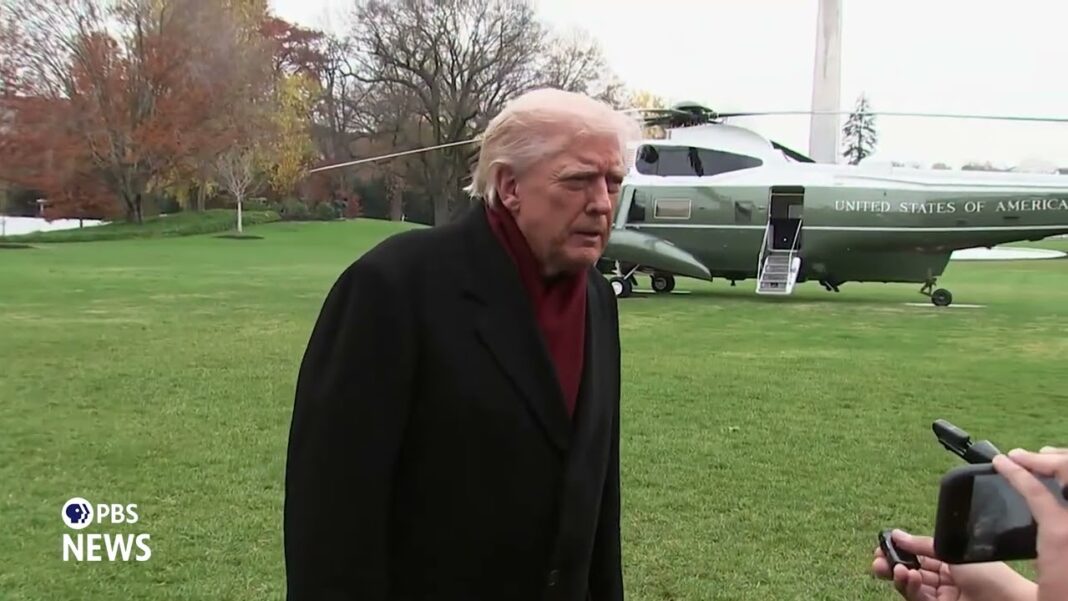The attorneys general said they were ‘deeply troubled’ by emerging reports of AI chatbots ‘plunging individuals into spirals of mental illness.’
A bipartisan coalition of 36 attorneys general is asking congressional leaders to reject any proposal that would limit states’ ability to regulate artificial intelligence (AI).
“While AI promises to be a transformative technology in numerous fields, it also poses significant risks—notably to the most vulnerable among us, our children. States must be empowered to apply existing laws and formulate new approaches to meet the range of challenges associated with AI,” they wrote in the letter on Nov. 25.
The letter was sent to House Speaker Mike Johnson (R-La.), House Minority Leader Hakeem Jeffries (D-N.Y.), Senate Majority Leader John Thune (R-S.D.), and Senate Minority Leader Chuck Schumer (D-N.Y.).
In addition to existing concerns about criminals exploiting AI-powered deepfakes, social-media profiles, and voice clones, the attorneys general said they are alarmed by more recent reports that AI chatbots themselves may be contributing to the nation’s mental health crisis.
“We are also deeply troubled by sycophantic and delusional generative AI outputs plunging individuals into spirals of mental illness, suicide, self-harm, and violence,” they wrote in the letter.
“And we are concerned that AI chatbots and ‘companions’ are engaging children in highly inappropriate ways, including with conversations that feature graphic romantic and sexual roleplay, encouragement of suicide, promotion of eating disorders, and suggestions to prioritize use of the AI at the expense of connecting with friends and loved ones in real life.”
Their message follows a separate letter released earlier this week, in which more than 200 state lawmakers likewise urged Congress to reject any “blanket prohibition” on state AI regulations.
The pressure campaign comes as House Republican leadership is expected to include a federal ban on state AI laws in next year’s military-funding bill. Over the summer, Sen. Ted Cruz (R-Texas), who chairs the Senate Commerce, Science, and Transportation Committee, tried to add a 10-year ban on state AI laws to the One Big Beautiful Bill Act, though the provision was ultimately dropped from the final draft.
By Bill Pan







